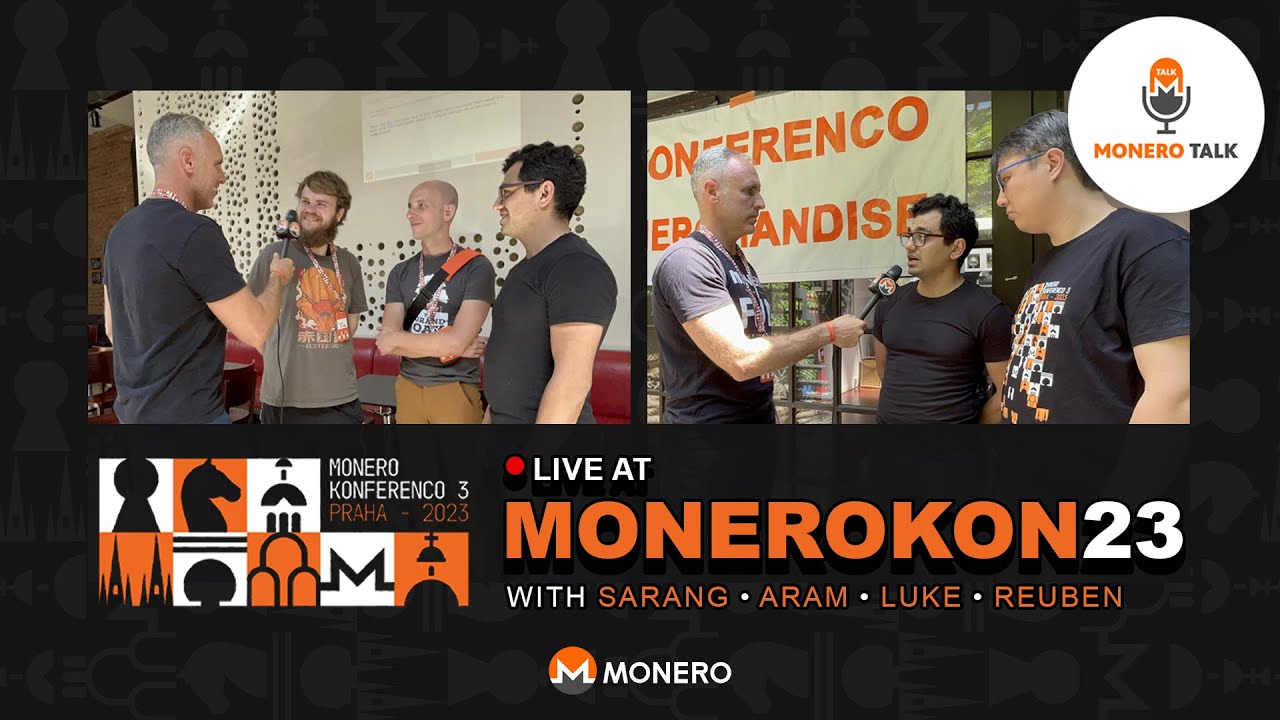- 7 Posts
- 10 Comments

 2·1 year ago
2·1 year agoBetter late than never!

 2·1 year ago
2·1 year agoWe’re glad you like it! Thanks for using Cake Wallet!
Sadly, you can only guarantee that fees will stay at the same amount (or drop in your example) if we assume infinite scaling. Suppose 10 TB of transaction data shows up and wants to be mined into the next block. Fees only stay at the same value if you widen the block size to 10 TB. If you didn’t, then some people would be willing to pay more than others to get into the next block.
Technology will keep improving, but I don’t think Monero scaling should allow a long-term increase that’s on the optimistic side of these projections.
Bitcoin clearly still works and has demand despite the limited block size, so Monero should grow more conservatively than it currently does after it permits as many transactions per hour as Bitcoin.
I see the dynamic size as a downward pressure against high fees. I don’t see high fees at peak times as a failure, like some people see them.
A casual observer won’t know you used Cash app, unless their addresses are labeled on common block explorers. A smart person will assume you used some exchange based on batching. Someone with a chain analytics subscription will know you used Cash app.

 1·1 year ago
1·1 year agoThe forthcoming Serai DEX is the best, risk-mitigated approach at this to date.
It’s not risk-free, but the native XMR is held in multisig wallets, and multisig wallet holders need to bond assets to qualify.

 2·1 year ago
2·1 year agoAre you doing a wrapped XMR? You can’t trade native XMR on Ethereum.

 1·1 year ago
1·1 year agoUniswap had over $2 billion in volume in the last 24 hours.

 1·1 year ago
1·1 year agoWhat differentiates this from any other Ethereum dex like Uniswap?

You could try BTCPay Server.